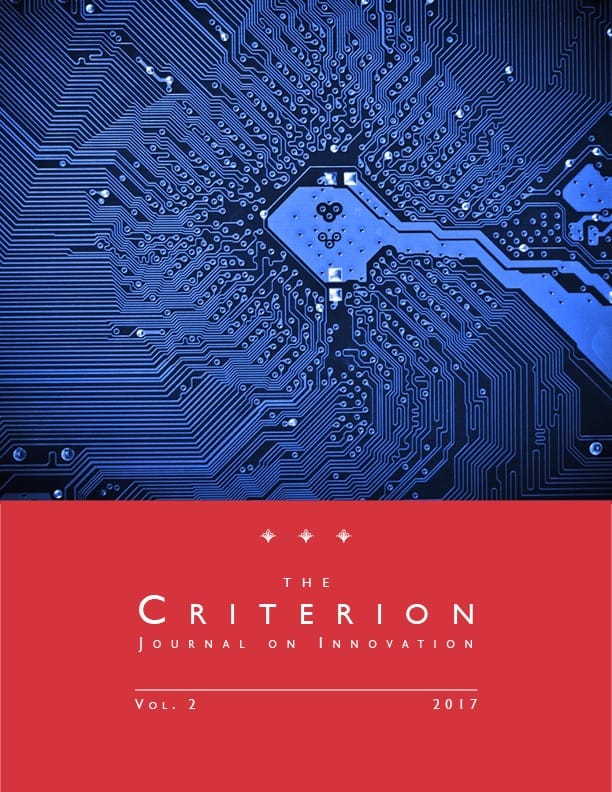Putting Economists in Their Place in Patents in Telecoms and the Internet of Things
Purchase a reprint version of the Article (Amazon) | Read the Article (PDF) | Download the Article (PDF) Download the Article (PDF)I participated as a panelist in a session entitled, “Economists: Do They Have a Place?,” at the Patents in Telecoms and the Internet of Things conference at George Washington University in Washington, D.C. on November 10, 2017. This article is substantially my remarks in that conference panel session. Before my remarks, Stephen Haber of Stanford University said that I had posed the defining question for the entire conference in an audience question-and-answer exchange the previous day. It had perturbed me to hear a panel speaker mischaracterize the communications standards as platforms of preexisting technologies upon which Internet of Things (IoT) innovation will occur. In response, I said that communications standards are rich in technology innovation and patented intellectual property. I asked: if the developers of standards are to be deprived of sharing any of the value in the standards, then who is entitled to derive that value, and who in fact is capturing that value? Although flattered by Haber’s comment, I also believe a most fundamental and important question is the one that my co-panelist, Alan Marco, the former chief economist of the U.S. Patent and Trademark Office, framed: how well is the market functioning? By analogy, how best to grow the pie is as important as deciding how to divide it when there are competing hungry mouths to feed. The markets for cellular technologies, products and services have performed exceptionally well with innovation, growth and vigorous competition in supply on the basis of existing patent licensing arrangements.

Cite as
Keith Mallinson, Putting Economists in Their Place in Patents in Telecoms and the Internet of Things, 2 Criterion J. on Innovation 371 (2017).
